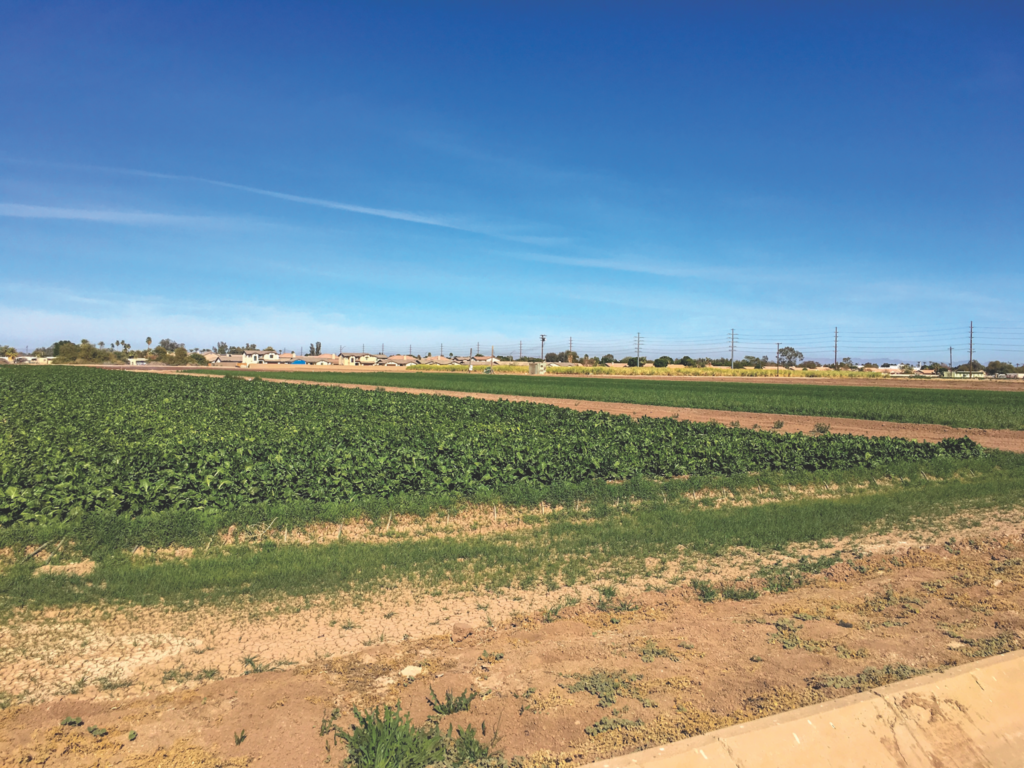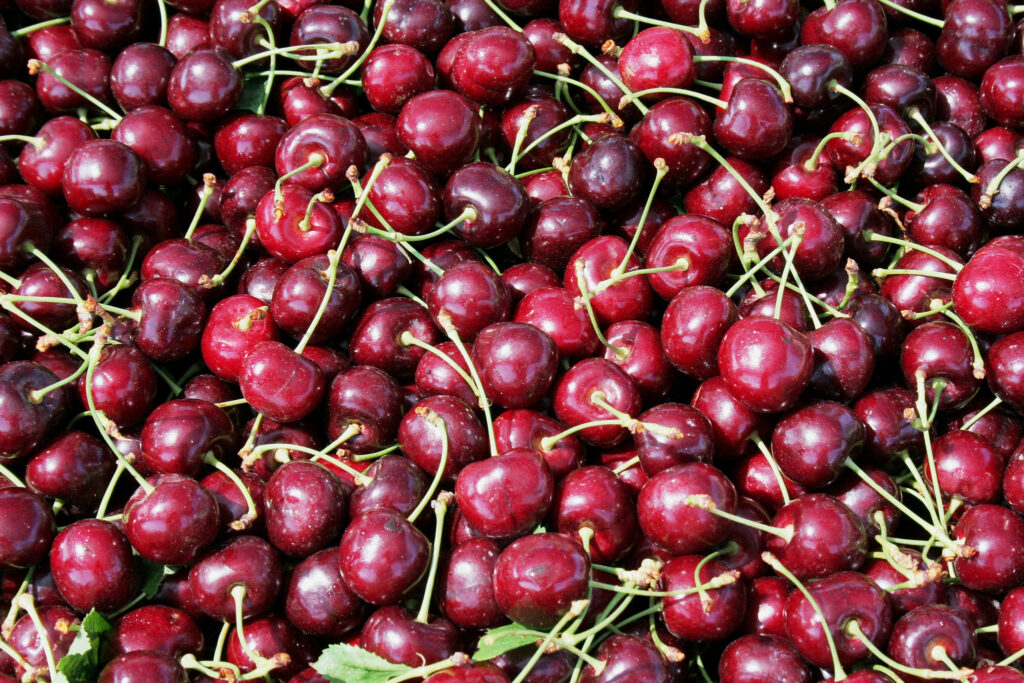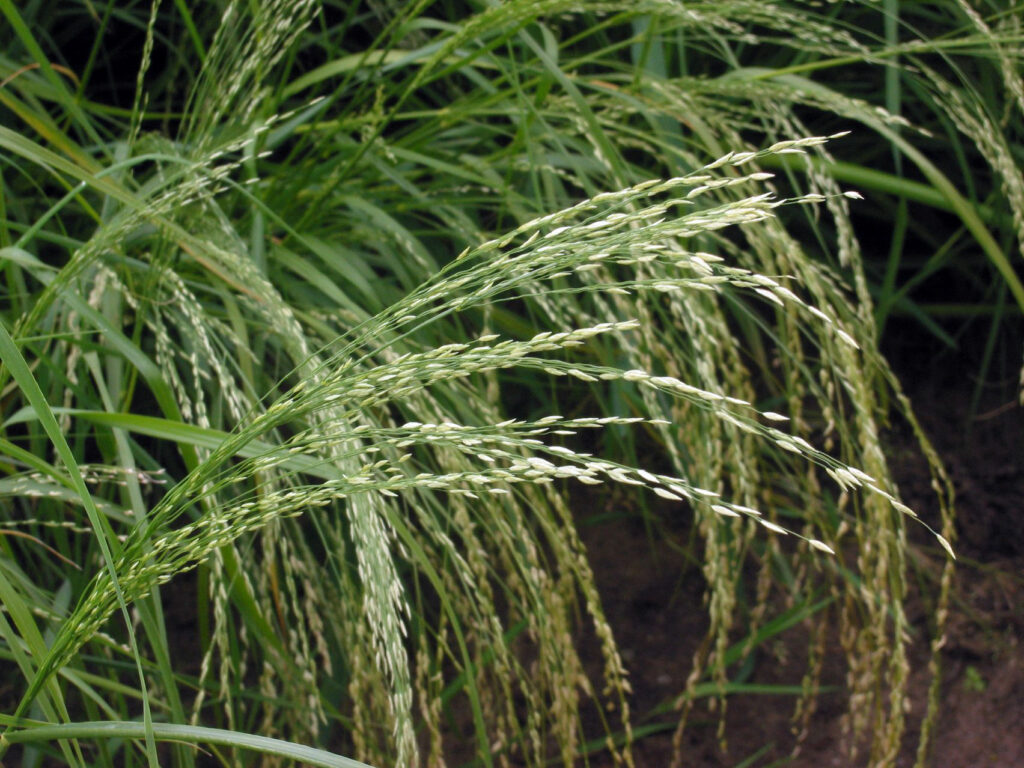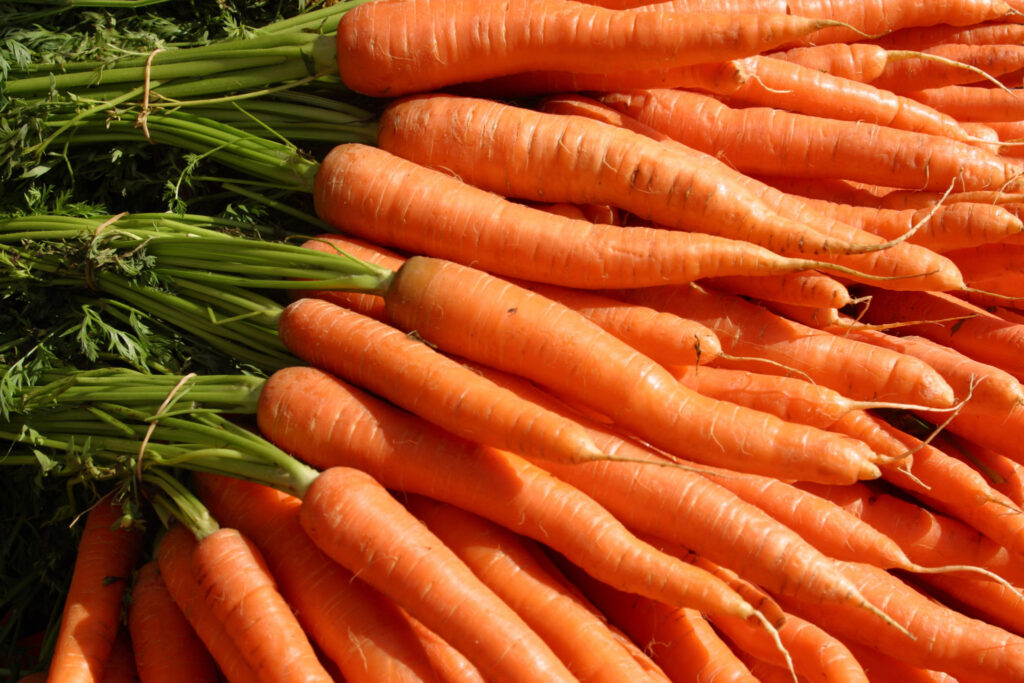Growing Pecans in the Desert Southwest

The climate of the desert Southwest is ideal for growing pecans, and the region produces roughly one-third of all pecans grown in the United States. With global demand for their product rising, New Mexico pecan growers see a bright future. However, there is a hard constraint on pecan production: water. Growing pecans in New Mexico’s arid […]
The Next Big Crop? Studying Hemp in the Imperial Valley

I ndustrial hemp is becoming a big business in the United States. Projections show that it has the potential to earn billions of dollars and create thousands of jobs in the next several years. Industrial hemp is a form of cannabis sativa with less than 0.3 percent tetrahydrocannabinol, or THC, making it entirely distinct from […]
An Update on the Produce Safety Rule

In November 2016, the U.S. Food and Drug Administration (FDA) finalized the Produce Safety Rule, which includes an Agricultural Water Provision (AWP) requiring that growers identify, inspect, and monitor their irrigation water supplies for indicator E. coli. Compliance for all aspects of the rule was set to begin in January 2018. However, in March 2017 […]
Teff in Nevada

One way for farmers to improve soil and reduce the risk of crop loss is to diversify crop rotations. More than a decade ago, a couple of farmers in northern Nevada’s Truckee-Carson Irrigation District—with the help and guidance of their local agricultural extension agent—started growing a staple of the highlands of the Horn of Africa, […]
Growing Crops in the Coachella Valley

The Coachella Valley in Southern California is home to farms that grow a wide variety of crops. Fruits, vegetables, citrus, and many others are produced in large numbers. One grower of this bounty is Peter Rabbit Farms, a third- and fourth-generation family farm that produces a plethora of crops, including one of the largest carrot […]
Water Conservation

It takes a lot of water to make a beer. And not just for the actual brewing process. For MillerCoors, over 90 percent of the water used to create a single can of beer, like a Miller High Life or Coors Banquet, is attributed to agricultural production. The company has adopted the goal of reducing […]
